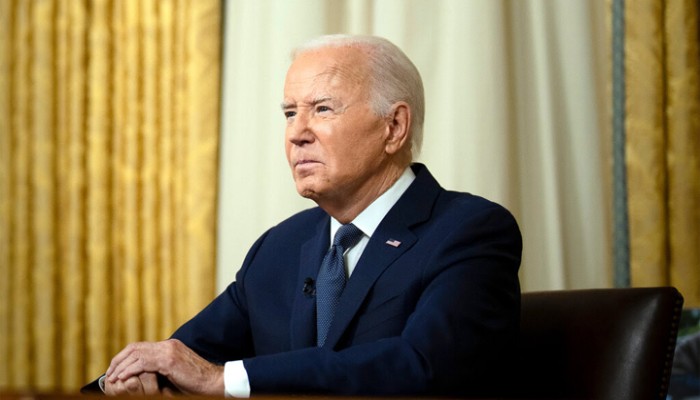
Democratic Concerns Mount Amid Political Uncertainty
Staff Report , Published: July 16, 2024, 9:07 am

As the Republican convention commenced, Democrats expressed serious concerns about President Biden's prospects in the upcoming November election. Party insiders reported a deep division on how to move forward with a leader perceived as weakened in an increasingly complex political landscape.
The assassination attempt on Donald Trump has further complicated Biden’s campaign strategy, which had emphasized Trump as a major threat to American democracy. Trump’s defiant response to the shooting, characterized by his raised fist and bloodied face, has become a rallying image for his supporters and a point of distress for Democrats.
Recent polling data has added to the Democratic unease. The latest New York Times/Siena College polls show Biden trailing Trump in Pennsylvania and only slightly ahead in Virginia, both crucial battleground states. The impact of the attack on Trump on voter sentiment remains unclear.
“The vibe is grim,” commented Matt Bennett, co-founder of Third Way, a Democratic think tank. “I haven’t talked to a single Democrat who is like, ‘Things are fine.’ It’s universal.”
In a recent televised interview, Biden admitted it was a mistake to suggest he wanted to put Trump in "a bull's-eye," reflecting the heightened tensions and the caution required in campaign rhetoric following the assassination attempt.